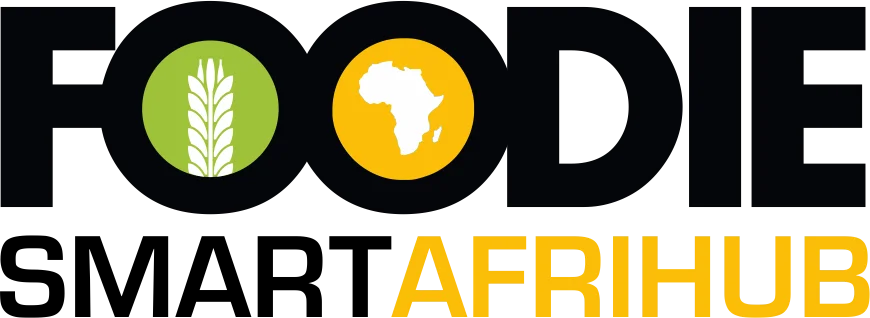Introduction to Knowledge-Based Agriculture in a Broader Context

Content
In the era when the agricultural industry is facing unprecedented global challenges such as climate change and rapidly changing socio-economic conditions, knowledge management becomes not only important for technological progress, but also for understanding the political and social contexts that shape the industry. The e-learning course "Introduction to Knowledge-Based Agriculture in a Broader Context" is designed to provide a complex view of how technology integration, data-driven decision making and deep knowledge processes are involved in reshaping the world of agriculture and agribusiness
This course provides a comprehensive overview of the fundamental principles of knowledge-based agriculture, its role in a sustainable and efficient food production, and highlights how political factors, global market dynamics and social responsibility affect the agricultural sector. Participants will be challenged to delve into complex data-driven decision-making, discover the benefits of precision agriculture, and learn about the latest innovations that are driving agricultural progress and shaping sustainable farming.
Agriculture is presented as a multidisciplinary field that requires a deep understanding of interconnected systems - from soil science to technology and from economic models to ethical and environmental policies. The course will highlight the importance of a thorough understanding of the policy guidelines and regulatory frameworks that govern agricultural practices and promote sustainable development.
Students will not only learn to apply knowledge and information to improve agricultural processes, but also be challenged to reflect on the wider impacts of agricultural decisions on society and the environment. The course will emphasize the importance of an ethical and sustainable approach to agriculture and provide participants with the tools needed to navigate the challenging and interconnected agricultural environment of the 21st century.
Join us on this journey into the future of agriculture, where an understanding of knowledge management and its political, social and environmental aspects is essential to creating sustainable strategies that meet the needs of a growing population while protecting our world. This course is designed for those who are interested in gaining a deeper understanding of the complex world of modern agriculture and want to take an active role in shaping its future.
